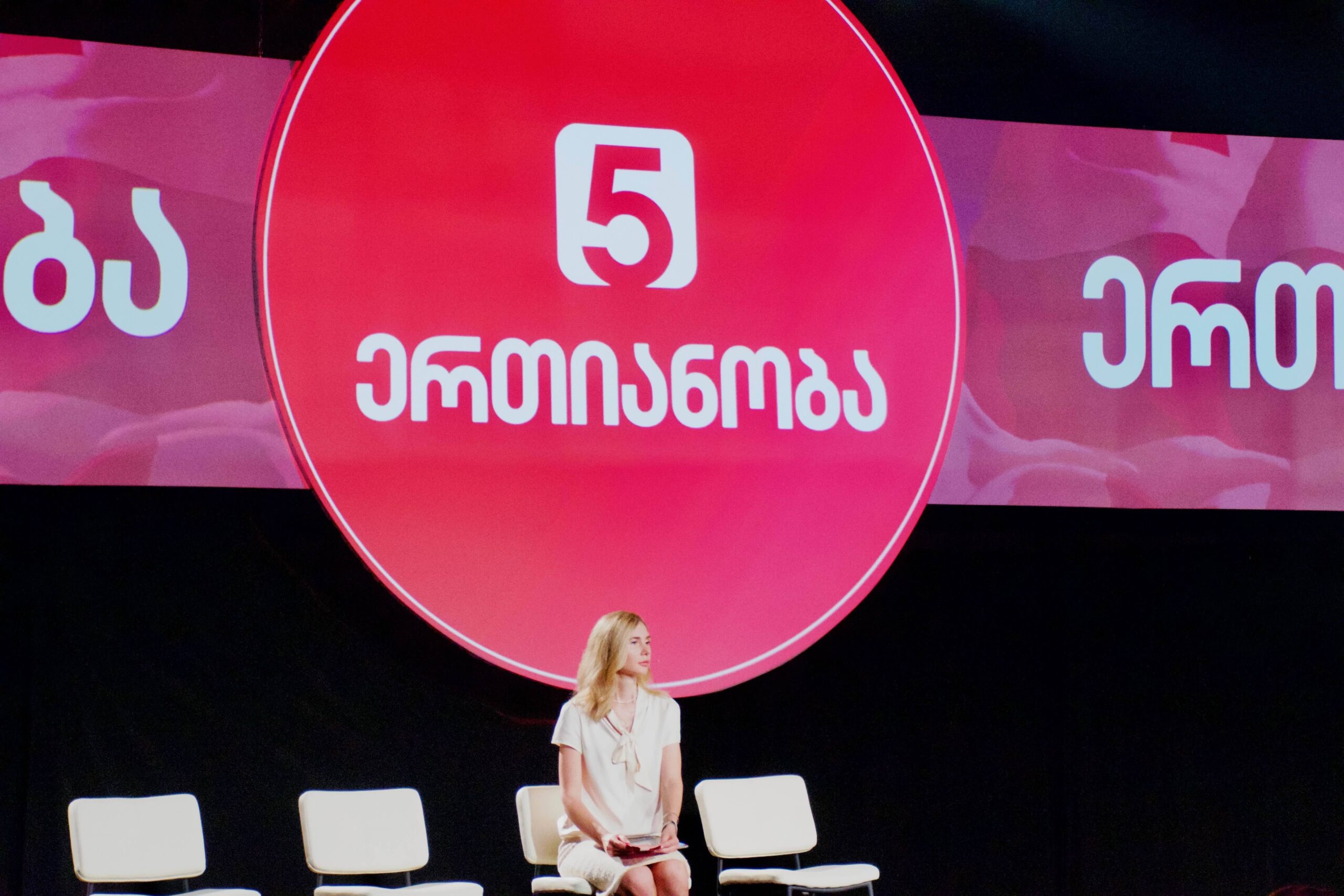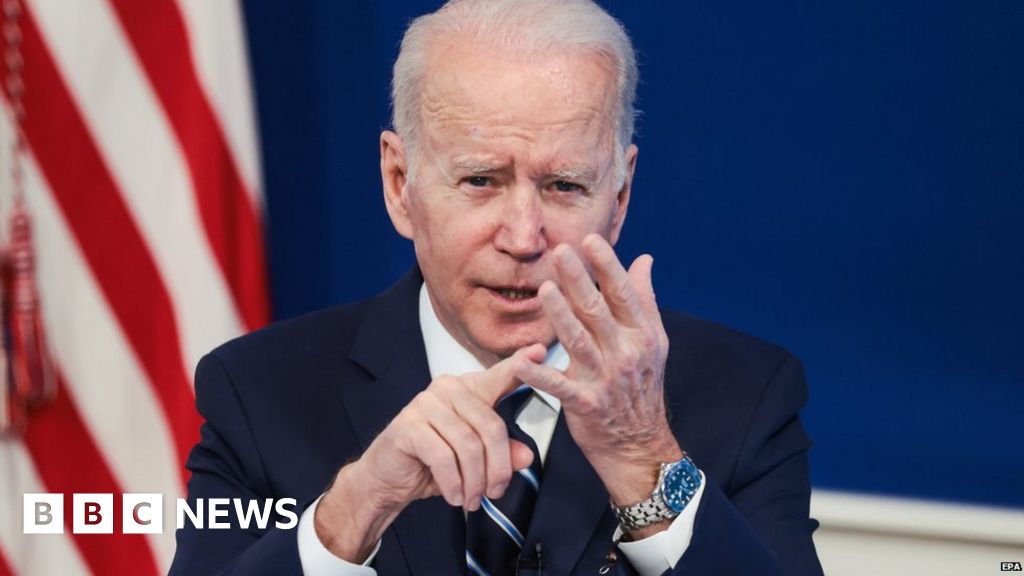Three Georgian opposition parties — Ahali, Droa, and Girchi — More Freedom, have announced that they will run a joint list for October’s parliamentary elections.
The party’s leaders made the announcement at a briefing on Tuesday, adding that they would campaign together. The new grouping will be listed in the 26 October parliamentary elections under the number 4.
Gvaramia set out three principles behind the grouping: Georgia’s membership of Western society, non-cooperation with the ‘regime’ of billionaire ruling party founder Bidzina Ivanishvili, and cooperative coordination of the opposition.
Parliamentary elections in Georgia are scheduled for 26 October. MPs will for the first time be elected fully proportionally, with mandates distributed amongst the political parties that cross the 5% threshold.
Ahali co-chair Nika Gvaramia added that an agreement had not yet been reached with the Lelo party, because there were ‘minor differences between [our] visions’, but added that they considered the party an important partner.
‘Obviously, this does not end the process and these negotiations will continue, not only with Lelo’, Gvaramia said. ‘There is still time. However, after [Tuesday’s] announcement, we will start a united campaign’.
Droa leader Elene Khoshtaria added that the principles of the Georgian Charter initiated by President Salome Zourabichvili, signed by parties including Droa, Ahali, and Girchi — More Freedom, were important for them.
[Read more: Major Georgian opposition groups sign President Zourabichvili’s charter]
‘In the [Georgian] Charter, we have a very specific mandate for which we are coming [here] — we are here to enter Europe, to return [to] the European agenda and we are coming to create a fair, democratic, political public environment’, said Khoshtaria.
Zurab Japaridze, the leader of Girchi — More Freedom party, stated that three things were required to defeat the ruling Georgian Dream party in the elections: maximum mobilisation of voters, preventing electoral fraud, and ‘correct’ organisation of the opposition.
Salome Samadashvili, a Lelo leader, told RFE/RL that there were differences of opinion among the parties participating in the negotiations.
‘It is necessary to offer something genuinely new, this is important because it is a public demand’, she said. ‘Therefore, there are general issues that are very important at the level of principles and there are some differences of opinion on this, but our door remains open to further consultations’.
Samadashvili added that Lelo was in talks not only with Ahali, Girchi — More Freedom, and Droa, but also with ‘different groups, socially active citizens, and parties’.
The announcement comes in the wake of criticism of opposition parties for failing to announce any concrete plans to take on Georgian Dream in the election.
A day earlier, the United National Movement (UNM), Georgia’s largest opposition party, and Strategy Aghmashenebeli presented a new political platform called Unity for the Salvation of Georgia. The new platform did not include substantial additions not previously working together. They will participate in elections under the number 5, traditionally the number under which the UNM has been listed.
The United National Movement was in power from 2003 to 2012, led by Mikheil Saakashvili.
 Tina Bokuchava at the Unity for the Salvation of Georgia launch on Monday. Photo: Shota Kincha/OC Media.
Tina Bokuchava at the Unity for the Salvation of Georgia launch on Monday. Photo: Shota Kincha/OC Media.
UNM chair Tina Bokuchava stated on Monday that Ivanishvili had made the elections into a ‘referendum’ between Russia and Europe.
‘Before the […] elections, it is our duty to look for points of contact, what unites us. Now is not the time for division, conflict, ambition, or ego wrestling. Now is the time for unity for Georgia’, said Bokuchava.
In late June, after opposition parties signed Zourabichvili’s Georgian Charter, the United National Movement, Girchi – More Freedom, Ahali, Lelo, Droa, and Strategy Agmashenebeli announced a Declaration of Unity of the Georgian Opposition, which reaffirmed their commitment to the charter, as well as committing to common goals before and after the elections.
The European Georgia party did not join the Declaration of Unity, and stated on Monday that even though ‘research showed’ that ‘the best synergy’ they had was to make European Georgia, Ahali, and Lelo an electoral unit, nobody from those parties had responded to their multiple addresses.
Tbilisi mayor and Georgian Dream general secretary Kakha Kaladze called opposition parties that had united ‘losers’.
‘How can parties [polling at] two percent, in the case of a union, achieve any results? They are ordinary “losers” ’, he said.
The post Three Georgian opposition parties unite ahead of election appeared first on OC Media.

 Tina Bokuchava at the Unity for the Salvation of Georgia launch on Monday. Photo: Shota Kincha/OC Media.
Tina Bokuchava at the Unity for the Salvation of Georgia launch on Monday. Photo: Shota Kincha/OC Media. 
